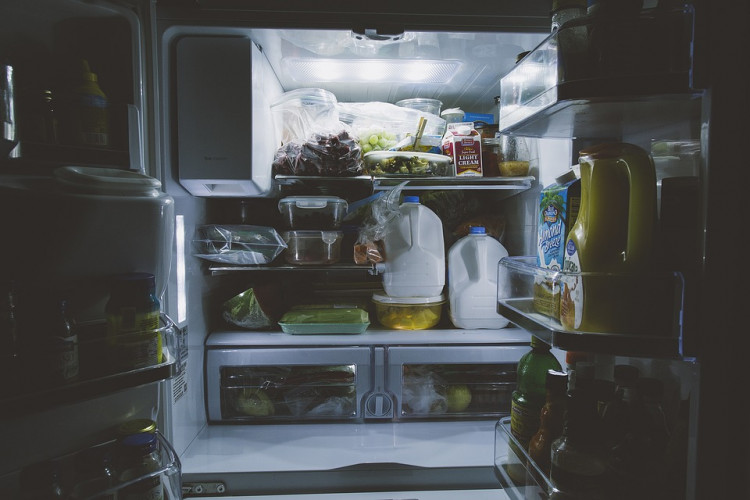Many of us put our foods in the refrigerator so they would stay fresh and preserve them. It's a common belief that placing our foods in the fridge would be safer and more hygienic as a colder environment inhibits the growth of microorganism and bacteria - both can spoil our foods. However, this rule doesn't apply to all since there are still some foods that shouldn't be placed in the fridge.
Here are the five foods you should stop placing in the refrigerator, as per Medical Daily.
Coffee
Ideally, coffee should be stored in the pantry and it should be sealed inside an airtight container. While putting it in the fridge does not impact the caffeine content, storing coffee beans or ground coffee in lower temperatures could create a negative impact on how it tastes.
Scott McMartin, a member of the Starbucks Green Coffee Quality group, explained cell structure changes when coffee was placed in the fridge. This will lead to the loss of the oil which gives coffee its flavor, as well as aroma.
Onions
Onions should be kept in a dry and ventilated area, so the refrigerator is not the ideal storage place for the bulbous vegetable. When stored in a chilly or humid condition, the starches immediately converted to sugar making onions to become too soft.
The United States Department of Agriculture recommends storing onions at 45 to 50 degrees Fahrenheit. In addition, do not place the vegetable beside potato because both of them release gases and moisture that can spoil one another.
Tomatoes
Red and ripe tomatoes should be placed at room temperature for a couple of days, and they should be kept stem side up and away from sunlight. Previous studies revealed chilling ripe tomatoes for an extended period of time reduced flavor-associated compounds by over 65 percent.
For green tomatoes, those weren't ripened yet, they should be placed stem side down in a paper bag. Meanwhile, overripe tomatoes should be stored in the fridge as a cold environment could help them preserve flavors and they can last for at least three days.
Bread
A lot of people keep their bread in the fridge to keep them fresh. However, according to Wayne Gisslen, the author of Professional Baking, placing bread in the refrigerator could make it go stale faster - about six times faster than bread kept at room temperature. If you couldn't finish consuming them within a week, it is suggested to freeze them and then thaw them when needed.
Honey
Honey is a liquid sweetener that can literally last for centuries. Thus, there's no need to keep it in the fridge to ensure longer shelf life. Gwen Pearson from the Purdue University explained honey crystallizes in the hive when the temperature plunged below 50 degrees Fahrenheit, while it crystallizes in containers when placed in cold cupboard cabinet.






